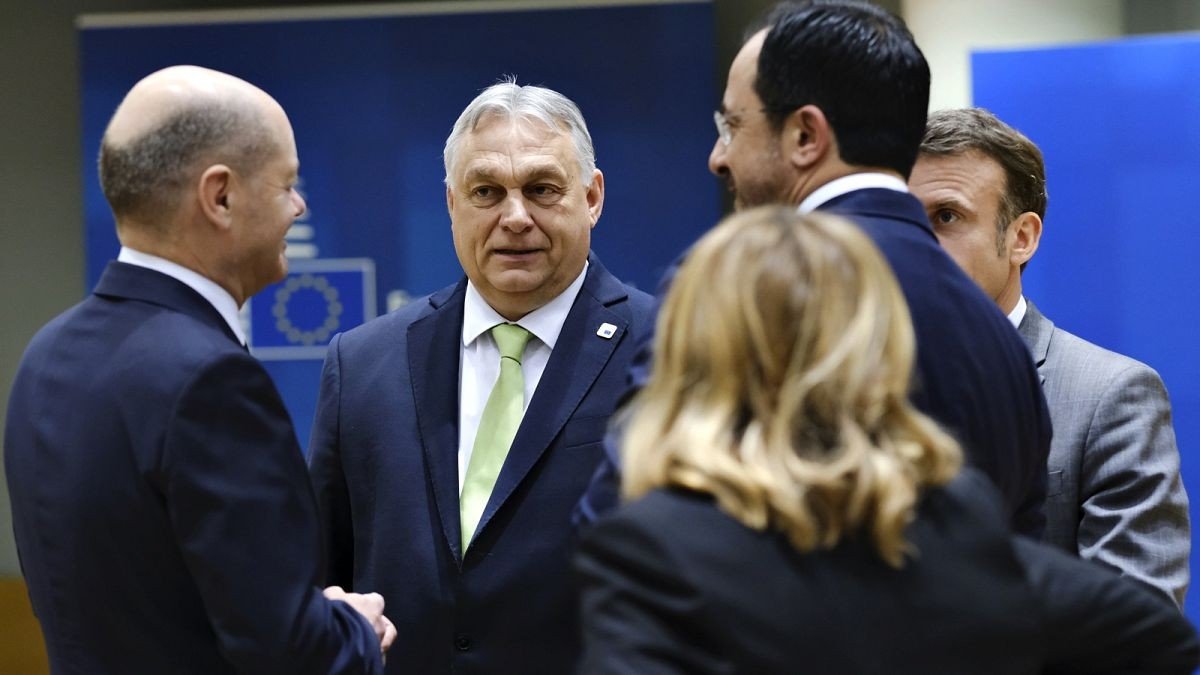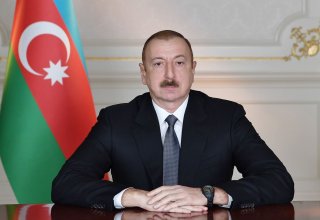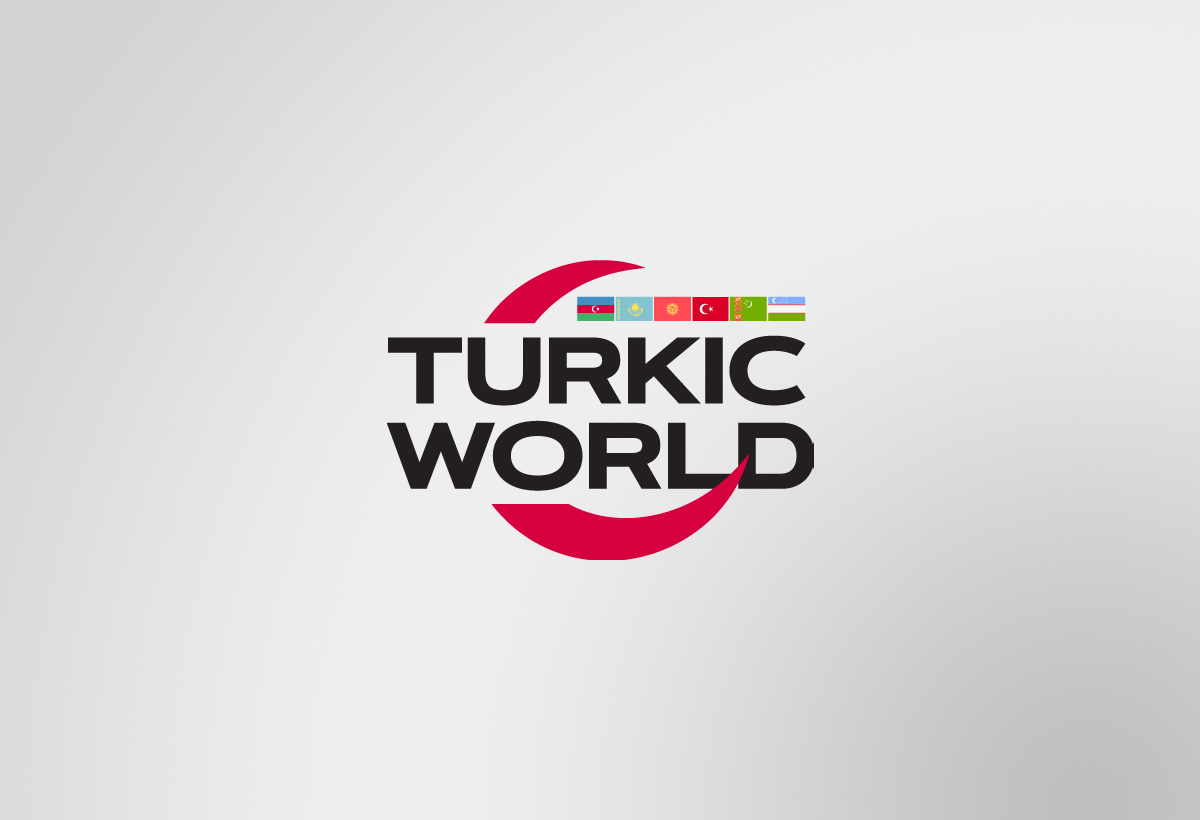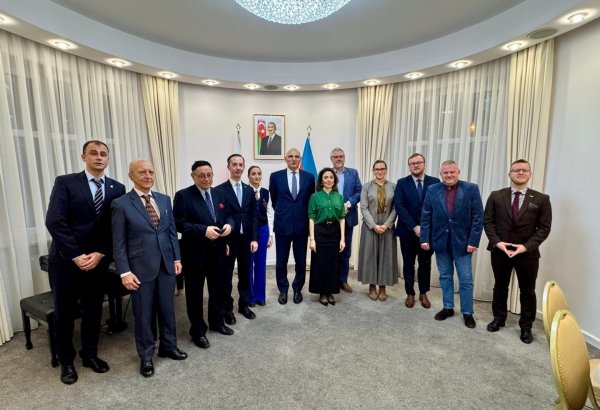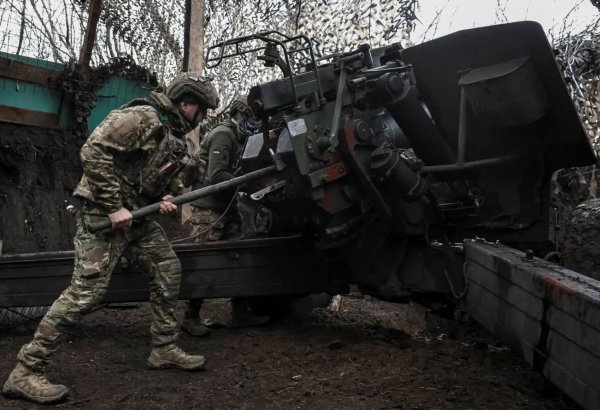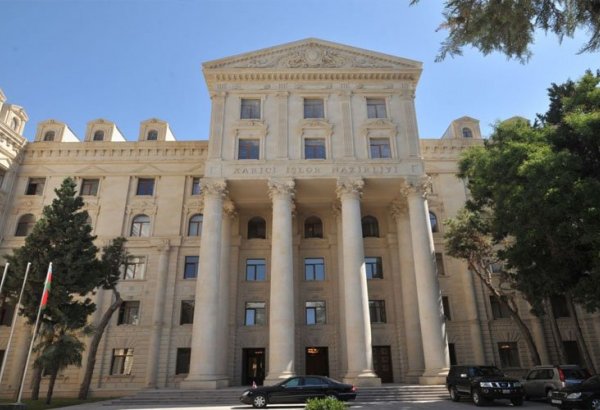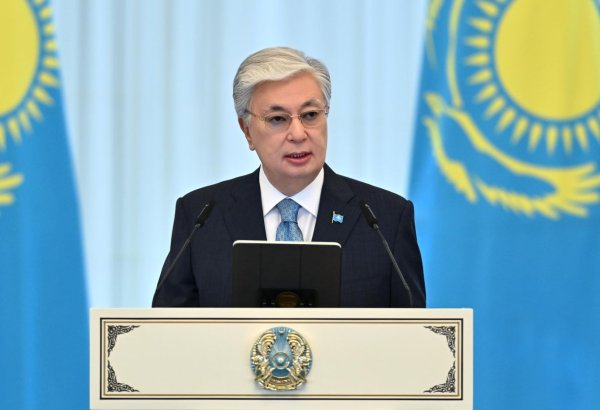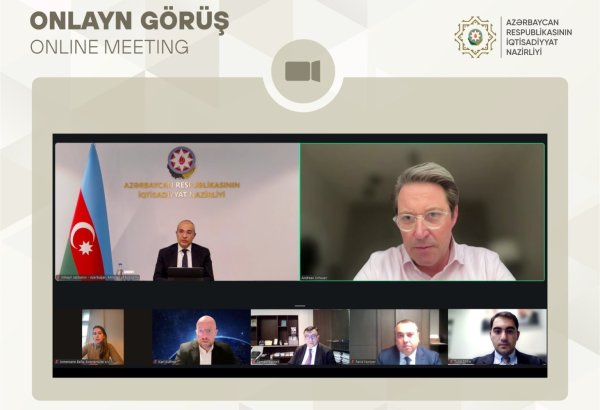BAKU, Azerbaijan, November 7. Modern Europe stands at a critical juncture, grappling with the urgent need to redefine its identity and strengthen its internal security apparatus, TurkicWorld reports referred to Bakunetwork.
The European Political Community (EPC), launched against the backdrop of the ongoing Ukraine crisis, was conceived as a response to mounting disillusionment with the OSCE.
Modern Europe stands at a critical juncture, grappling with the urgent need to redefine its identity and strengthen its internal security apparatus. The European Political Community (EPC), launched against the backdrop of the ongoing Ukraine crisis, was conceived as a response to mounting disillusionment with the OSCE. Yet, so far, the EPC has been more about symbolism than substance. Facing diminished sway over security matters due to deep-seated dependency on U.S. foreign policy and internal discord, EU leaders are aspiring to build a platform that could tackle the region’s pressing issues head-on. But the hesitation to formalize the EPC as a legitimate institution has left it as little more than a ceremonial gathering, devoid of the authority to make decisive calls or set plans in motion.
With the start of the EPC summit in Budapest, Europe is once again vying to assert its independence on the world stage. The EPC was originally pitched as an alternative to the OSCE — seen by many as having lost its teeth amid the prolonged Ukraine crisis — envisioning a European-centric approach free from the influence of power players like the U.S., Canada, Russia, and Belarus. Yet, without a solid institutional backbone and a concrete long-term agenda, doubts linger over the EPC’s capacity to emerge as a bona fide geopolitical heavyweight. European leaders, inching toward greater independence from Washington, are slowly waking up to the necessity of fortifying their own security frameworks. America has long been the anchor of Europe’s security, breeding a dependence that’s hard to shake. Since the Trump administration — and with signals of possible cuts in U.S. support — EU leaders are under mounting pressure to get serious about crafting their own security blueprint. While the EPC carries symbolic weight, it lacks the heft to set Europe on a true path toward geopolitical self-sufficiency.
As the OSCE fades from relevance and its role in European security and diplomacy becomes largely nominal, the EU faces a formidable task: to pivot from the OSCE’s legacy to a new framework that can position Europe as an independent and influential force on the world stage. But this isn’t about lip service; making the EPC a credible vehicle for change will take hard, institutional moves, a real agenda, and a long-term game plan. The Budapest summit became a win for Hungarian Prime Minister Viktor Orbán, who not only hosted EU leaders but also found himself in the spotlight due to his rapport with the newly-elected U.S. president, Donald Trump. Against a backdrop of rising anti-EU sentiment in some corners of Europe, Orbán has skillfully maneuvered to solidify his position, drawing the gaze of both European and global media alike.
Equally telling was Azerbaijani President Ilham Aliyev’s decision to skip the summit. With several countries also sitting it out, Aliyev’s absence is a stark reminder of the high-stakes challenges Europe is now staring down. If the EPC is to avoid becoming a mere talk shop, it must move beyond a platform for friendly chats and bilateral niceties. Failure to produce real, actionable solutions will put the EPC at risk of losing the trust — and, ultimately, the participation — of its member states.
Europe’s Quest for Independence and the Future of the OSCE
At the heart of the Budapest summit is the future of the OSCE and its Minsk Group, which has long tried to negotiate a diplomatic resolution to the Karabakh conflict, albeit with limited success. The potential dismantling of the OSCE, should Europe take this step soon, could mark a turning point — a bold move toward Europe’s assertion of a more autonomous role on the world stage. But such a shift demands a level of unity and political will that the EU still struggles to muster.
The European Political Community (EPC) itself hinges on the EU’s ability to move from ambitious declarations to concrete action. Held in the wake of Donald Trump’s re-election as U.S. president, the Budapest summit is clouded by uncertainty over NATO’s future and America’s support for Ukraine, forcing Europe to rethink its strategic autonomy. Analysts warn that Trump’s victory could lead to a shift in U.S. policy on European security, leaving many European leaders uneasy. This situation presents Europe with a double-edged sword: on one side, an opportunity to solidify its independence; on the other, it reveals Europe’s vulnerabilities — insufficient resources and a lack of internal cohesion. Europe’s continued reliance on U.S. support as a stability guarantee only sharpens its predicament: what if Washington’s policies take an abrupt turn?
In this evolving landscape, Hungarian Prime Minister Viktor Orbán emerges as a key player, willing to challenge the EU’s conventional stance. Known for his skepticism toward Brussels, Orbán is using the summit to assert his own political vision. A vocal advocate of national sovereignty and diminished American influence in Europe, he sees Trump as a potential ally. While Brussels pushes for a united front in support of Ukraine, Orbán takes a more cautious approach, calling for a “peaceful resolution” with Russia. His stance, diverging from the mainstream EU position, underscores the fractures within the EU and positions him as a counterweight to Brussels’ dominant policy line.
This EPC summit has the potential to be a historic milestone in Europe’s pursuit of autonomy, yet rhetoric alone won’t suffice. The EU needs to not only strengthen its institutions and resources but also craft a long-term strategy that safeguards Europe’s interests independently of American policy shifts.
The EPC summit in Budapest is drawing considerable attention, not just because of the Ukraine crisis and transatlantic relations, but also due to the divisive issue of migration. The relentless influx of migrants, exacerbated by ongoing conflicts in the Middle East, forces European nations to search for compromise. However, the lack of a unified migration policy only deepens divisions. Hungary, for instance, remains firmly opposed to open-border policies, advocating instead for stricter border controls — a stance that highlights the contrasting approaches within the bloc. As a result, the EU is pressed to develop new mechanisms to manage migration, though these mechanisms may not always align with the
Europe’s Security Dilemma: Navigating the Path to Strategic Autonomy
The lack of unity on security issues has complicated Europe’s position. The Budapest EPC summit has underscored a crucial flaw: without a solid institutional framework, the EPC lacks the capacity to become a viable alternative to the OSCE. Strengthening this platform would require a shift from informal meetings to regular sessions with binding commitments for all participants. But such a shift demands something more: the determination of European leaders to take greater responsibility for their own security and set their agenda without deferring to the U.S.
Anticipating the potential impacts of Donald Trump’s second term, the European Commission has already set up a task force to evaluate how shifts in U.S. policy might impact regional security and the economy. Yet European institutions remain tied to Washington’s decisions, and any policy shift from the White House risks setting off a chain reaction within the EU. The Budapest summit, like previous EU meetings, represents a step toward a cohesive strategy. However, with the looming prospect of reduced U.S. support and widening internal rifts, these gatherings risk becoming little more than symbolic gestures.
The situation in Georgia has also highlighted deep divisions within the EU over the country’s European integration. Hungarian Prime Minister Viktor Orbán’s recent show of support for Georgia’s ruling party, coupled with his visit to Tbilisi ahead of the summit, has raised tensions. Brussels now faces a tricky dilemma: how to back Georgia’s pro-European aspirations while managing an increasingly fractious relationship with Budapest. Orbán, who has consistently obstructed EU decisions on Ukraine, is exposing the fault lines within the bloc, casting a spotlight on the conditional nature of Europe’s foreign policy unity. This highlights the urgent need for robust, cohesive decision-making mechanisms that can reduce external influence and respect the diverse positions of all EU members.
Despite its current limitations, the EPC holds the potential to lay the foundation for a stronger Europe in terms of security and foreign policy. If the EU cannot transform the EPC into a functional mechanism for tackling its internal and external challenges, the platform risks becoming an empty shell, a mirror reflecting Europe’s political vulnerabilities. Realizing the EPC’s promise of strategic autonomy will hinge on the resolve of European leaders to commit to a truly independent and self-sustaining Europe, capable of weathering global shifts and pressures from major powers.








